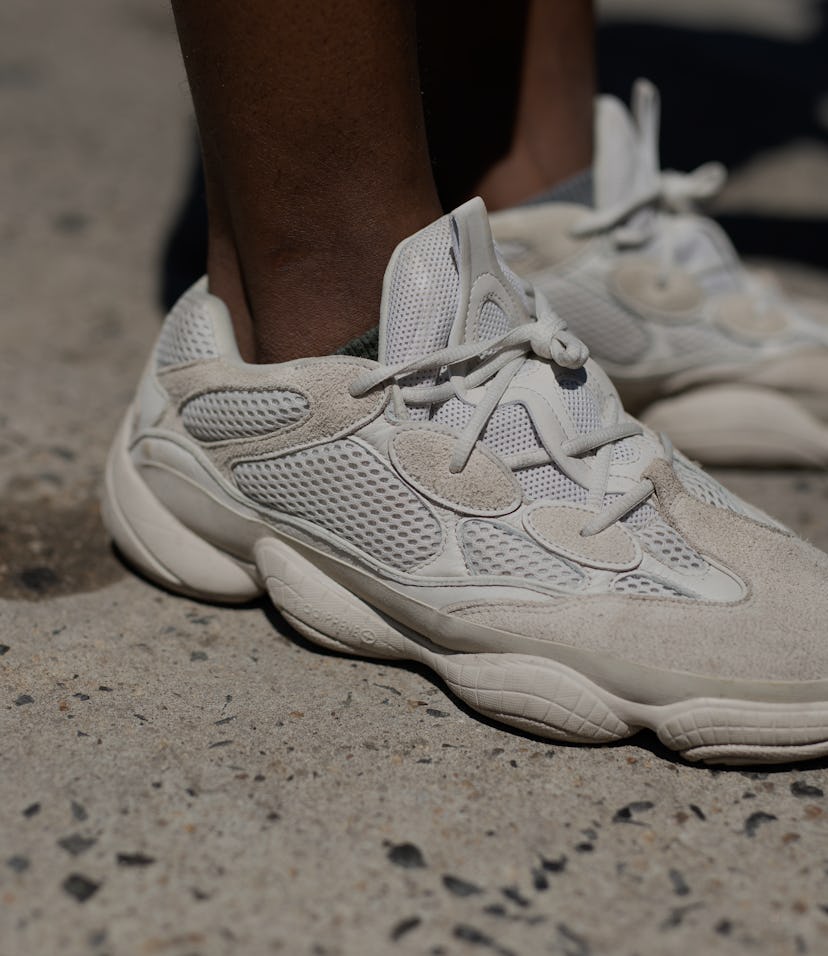Design
Kanye West plans to build a lab for Yeezy prototypes in Wyoming

11.3K
The number of square feet the planned Yeezy facility will have.
Kanye West is quickly taking the first steps to follow through on his commitment to making Yeezy footwear in America. In order to create jobs in America and increase production speed for his Adidas line, West has proposed a footwear sample lab to be built in Cody, Wyoming, according to the Cody Enterprise. The 10,000-person town is nearby his 4,000-acre ranch, a place that was recently announced as the new Yeezy headquarters.
What's in his plan? — In the proposal, which will be reviewed today by the city and zoning board, West plans to convert an 11,292-square-foot warehouse into a sample-prototype lab. He would also build a temporary modular 24- by 44-foot structure to provide a break room, more office space, and restrooms for up to two years. The two structures would be connected by an “enclosed corridor,” according to the Cody city planner. For an idea of what it may look like, consider the temporary housing prototypes he built earlier this year.
Is this Kanye's take on MAGA? — Well, yes. West said in an October interview with Zane Lowe that he’d bring Yeezy production to the United States in the next two years. “For me, as a founder, it’s really important to bring these jobs back to America,” West said.
The Cody factory would be a noteworthy first step, but full-scale production in the U.S. is a gargantuan task. Even New Balance, which proudly boasts “Made in U.S.A.,” merely assembles its sneakers stateside after the parts are produced in China. Only its military contracts are made entirely in America.
Yeezys on your feet, faster — Making samples in the States allows for more control over his product and the “rapid prototyping” West described in the interview. He cited a delayed motorcycle boot sample he hadn’t even seen a photo of because of problems with border customs. Cutting out at least one imposition of bureaucracy could mean more models quicker for the brand, which was predicted by Forbes to hit $1.5 billion in sales this year.